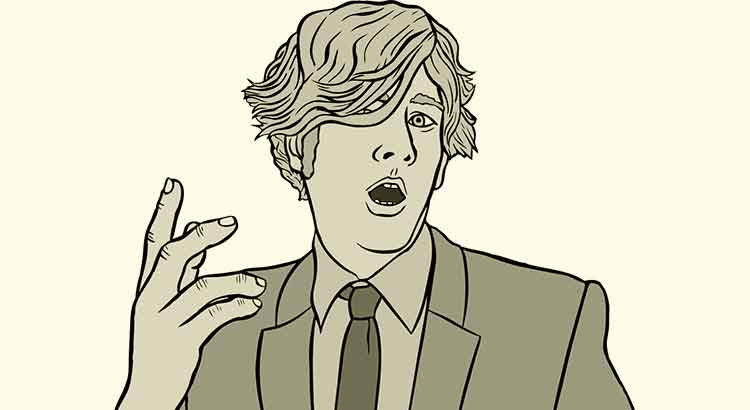In pages of Umberto Eco, I come across this problem so common and insistent, which has afflicted so much since Nelson Rodrigues to Andrei Tarkovsky, Umberto Eco himself and so many others, which is the exigence of explanations about the work itself. Umberto Eco summarizes, in my direct translation:
A narrator should not provide interpretations of his own work, otherwise he would not have written a novel, which is a machine that generates interpretations.
I believe “novel” applies to any artistic work. Interpreting is not the responsibility of the author, never has been and never will be. Demanding any justification from the artist is no less than trying to destroy his work.
The situation is funny because it is precisely the interpretation that everyone, from the reader to the critic, seems to demand from the author.
Tarkovsky, with his nonlinear montage and scenes of highly subjective and poetic appeal, reveals himself in Sculpting in Time targeted by numerous indignant and offensive letters from spectators simply demanding explanations.
Nelson Rodrigues, in turn, spent his life having to justify why others censored his works when he obviously had nothing to do with the interpretations of his scenes.
The list extends to infinity: playwrights, novelists, filmmakers… many and many targets of the same harmful notion that the author owes explanations to the public.
It is sad to know dissolved the meaning of art, to know that the public is completely unaware of the essence of artistic work and judges the artist as a pamphleteer, someone who wishes to prove his opinion or raise some agreement.
However, there is a positive and perhaps very, very positive side. Knowing his fate, the artist will know how to trace the ideal distance he must take from the public, thus shielding himself and saving his work.
____________
Read more:
